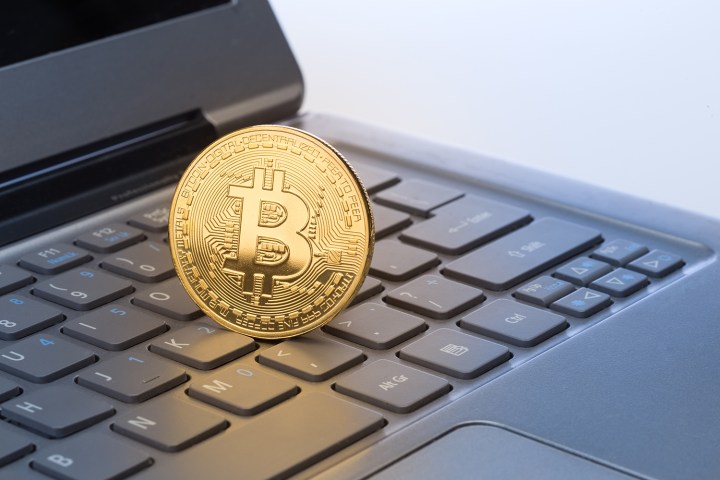
It’s currently unknown exactly how the coins were stolen, but Japan’s Financial Services Agency is investigating the transfer. In the meantime, Coincheck froze all deposits, withdrawals, and trading of NEM coins.
“After hours of speculation, Coincheck Inc. co-founder Yusuke Otsuka said during a late-night press conference at the Tokyo Stock Exchange that the company didn’t know how the 500 million tokens went missing, but the firm is working to ensure the safety of all client assets,” Bloomberg reports.
In addition to putting a temporary halt to all transactions, The Guardian has reported that Coincheck will refund the stolen $400 million in NEM coins. In total, the company is expected to spend about 46.3 billion Yen to refund its 260,000 customers who were affected by the theft.
According to Cointelegraph, the coins were stolen via a few transactions from a “hot wallet” in the early hours of the morning on Friday, January 26. The hackers reportedly secured the private key for the wallet, which allowed them access to the NEM coins in question.
If you’re unfamiliar, a hot wallet is like a checking account for cryptocurrencies — it’s designed to facilitate transfers, but it’s not meant for long-term storage. As such, they make more appealing targets than higher-security cryptocurrency wallets.
Cold wallets are designed for long-term storage, and they’re typically not connected to the internet, which means physical access to the cold wallet should be carefully controlled — it’s your only way into those funds.
The Coincheck theft is just one of many high-profile cryptocurrency heists we’ve seen in the past few months. The spike of interest enjoyed by bitcoin and other cryptocurrencies based on blockchain technology attracted a huge number of new investors, and that influx of cash has made cryptocurrency exchanges an appealing target for hackers.
“In Japan, one of the world’s biggest markets for cryptocurrencies, policymakers have introduced a licensing system to increase oversight of local venues, seeking to avoid a repeat of the Mt. Gox exchange collapse that roiled cryptocurrency markets worldwide in 2014,” Bloomberg reports.
The theft comes after Coincheck applied for a license to operate as a cryptocurrency exchange in Japan. The new regulations come to one of the most popular markets for cryptocurrency, at a time when cryptocurrency exchanges are poorly regulated worldwide.
Update: Updated to reflect the news that Coincheck will be issuing refunds to its affected customers.

